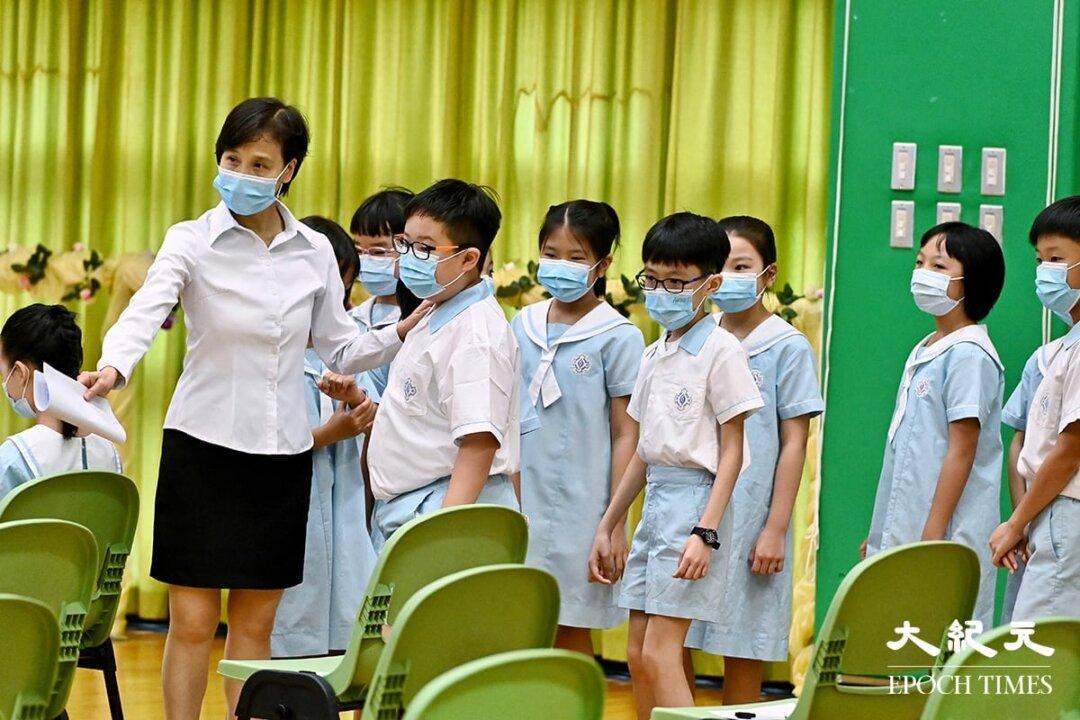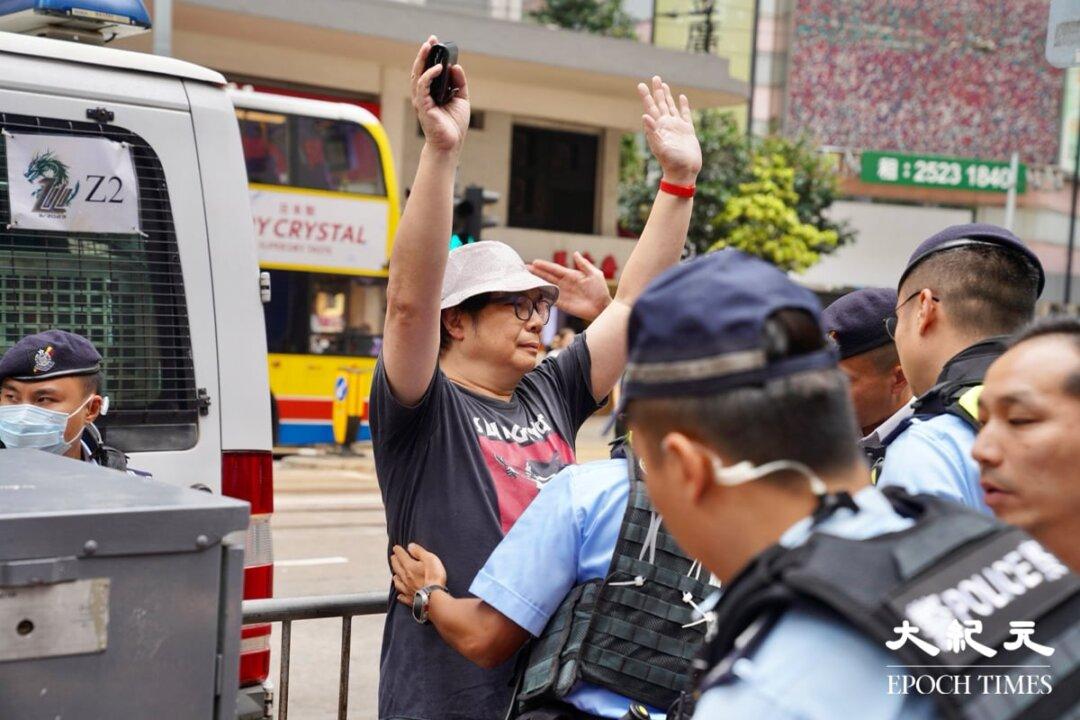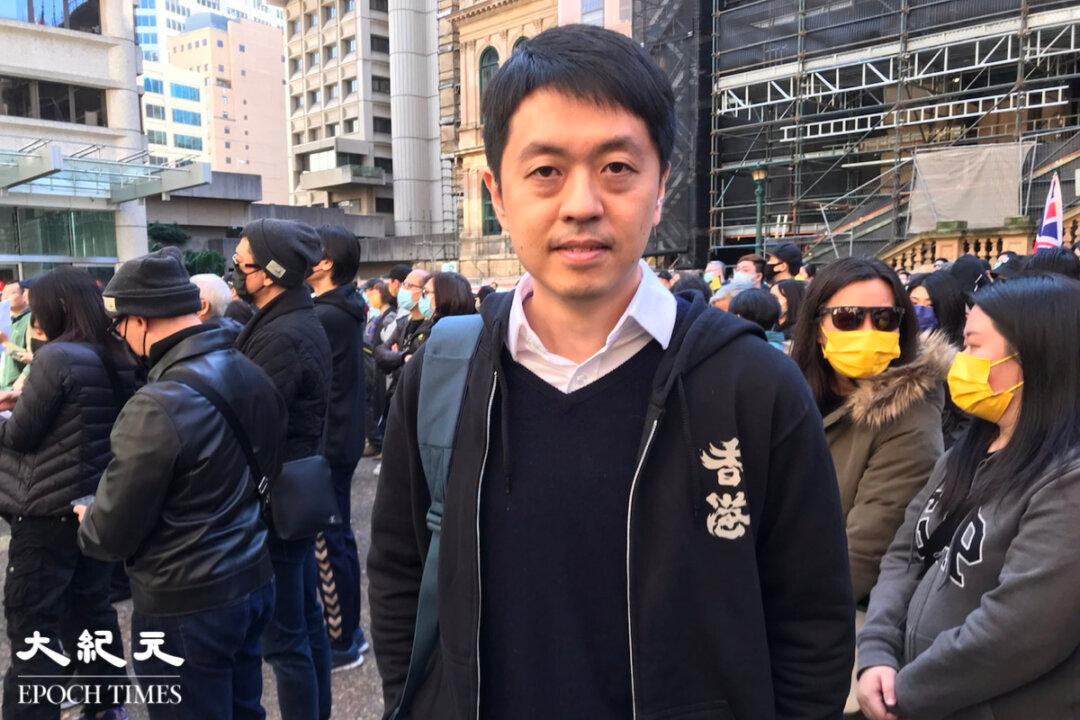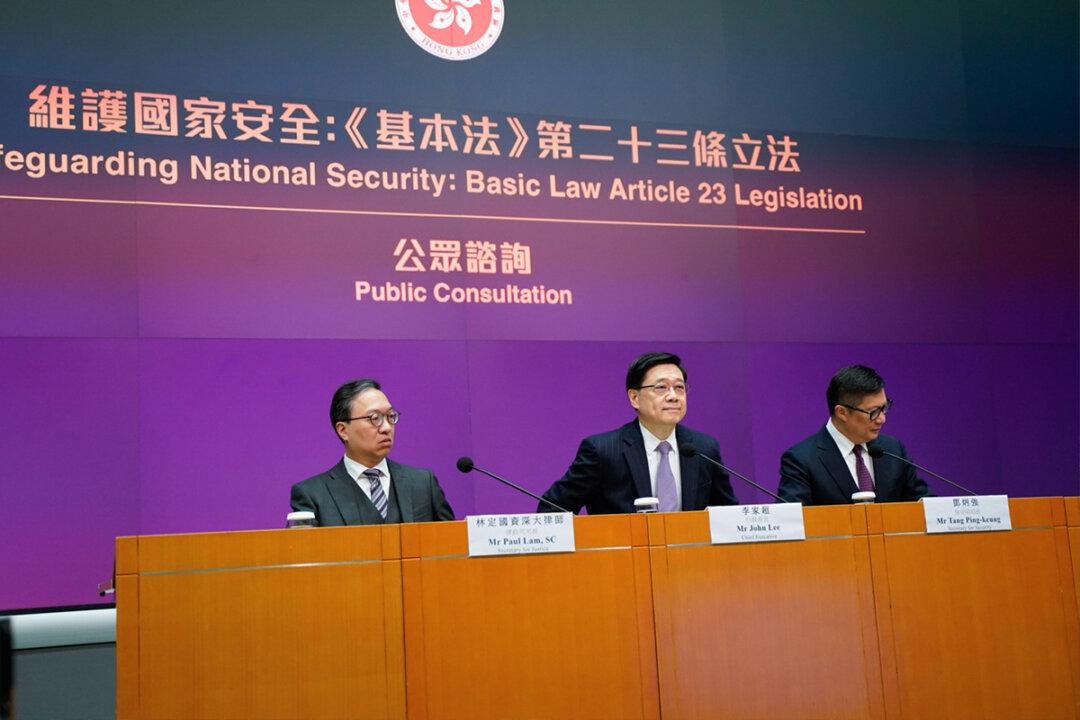Hong Kong has seen a record-high teacher turnover rate in recent years. Experts attributed it to the frequent change of policies and the increasing pressure on teachers, while some predict that the authorities will speed up introducing mainland teachers to implement “socialist and patriotic education” in the city.
In its written reply to a question raised by a member of the Legislative Council on Jan. 10, the Education Bureau disclosed that in the last school year, there was a loss of 2,665 teachers in secondary schools, 2,036 in primary schools, and 1,810 in kindergartens, representing year-on-year increases of 24.5 percent, 18.9 percent, and 33.5 percent respectively.




